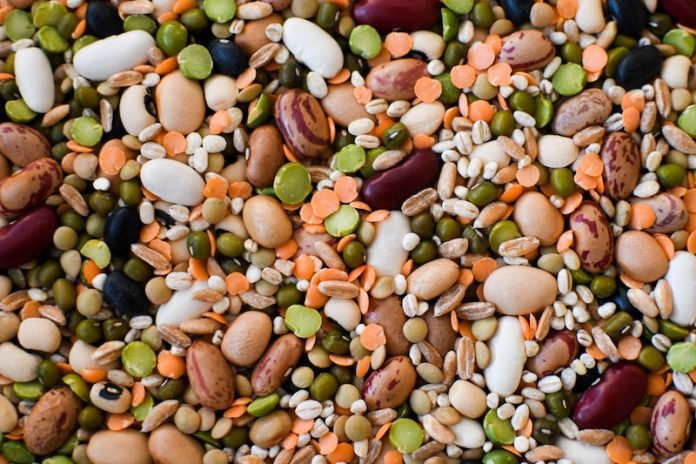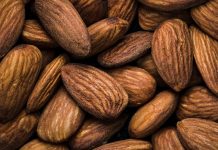
Managing blood sugar is essential for overall health, particularly for individuals with conditions like diabetes.
While medications play a crucial role in controlling blood sugar levels, dietary choices can also significantly impact one’s ability to maintain stable blood sugar.
In this study review, we will explore the influence of various foods on blood sugar regulation, providing practical insights for better health.
Understanding Blood Sugar
Blood sugar, or blood glucose, is the sugar carried in our bloodstream that provides energy to our cells. It mainly comes from the carbohydrates we consume, such as bread, rice, and fruits.
When we eat, our body breaks down these carbohydrates into glucose, which enters our bloodstream, causing blood sugar levels to rise.
Insulin, a hormone produced by the pancreas, helps regulate these levels by allowing glucose to enter cells, where it is used for energy. The balance of blood sugar is essential for optimal health.
Foods That Help Stabilize Blood Sugar
- Fiber-rich Foods
Fiber is a type of carbohydrate that our bodies cannot digest, but it plays a crucial role in managing blood sugar.
Foods high in soluble fiber, such as oats, beans, and lentils, can slow down the absorption of glucose, preventing rapid spikes in blood sugar levels after meals.
Soluble fiber also helps maintain a feeling of fullness, reducing the urge to snack on unhealthy, sugary foods.
Research Evidence: A study published in the Journal of the American Medical Association found that increasing fiber intake significantly improved blood sugar control in individuals with type 2 diabetes.
Leafy Greens and Non-Starchy Vegetables
Leafy greens like spinach, kale, and broccoli, along with non-starchy vegetables such as cauliflower and bell peppers, are low in carbohydrates and calories while being rich in essential nutrients.
Including these vegetables in your diet can help maintain blood sugar levels within a healthy range. They provide vitamins, minerals, and antioxidants that support overall well-being.
Research Evidence: A study in the journal Diabetes Care reported that a diet rich in non-starchy vegetables led to improved blood sugar control and reduced the risk of developing type 2 diabetes.
Protein-rich Foods
Incorporating lean protein sources like poultry, fish, tofu, and legumes into your meals can help stabilize blood sugar levels. Protein helps slow down the digestion and absorption of carbohydrates, preventing sudden spikes in blood sugar.
Additionally, it promotes a feeling of fullness, reducing the temptation to overindulge in sugary snacks.
Research Evidence: Research published in the American Journal of Clinical Nutrition showed that including protein in meals reduced post-meal blood sugar spikes in individuals with type 2 diabetes.
Key Takeaways
Maintaining healthy blood sugar levels is crucial for overall well-being, especially for individuals with conditions like diabetes.
While medications are essential, dietary choices can significantly influence blood sugar regulation. Foods rich in soluble fiber, leafy greens, non-starchy vegetables, and lean proteins can help stabilize blood sugar levels and promote better health.
By incorporating these foods into your diet, you can take a proactive approach to managing blood sugar, reducing the risk of complications associated with high or fluctuating glucose levels.
Remember that a balanced diet, regular physical activity, and consultation with a healthcare professional are key components of an effective blood sugar management plan.
Follow us on Twitter for more articles about this topic.
Copyright © 2023 Scientific Diet. All rights reserved.








